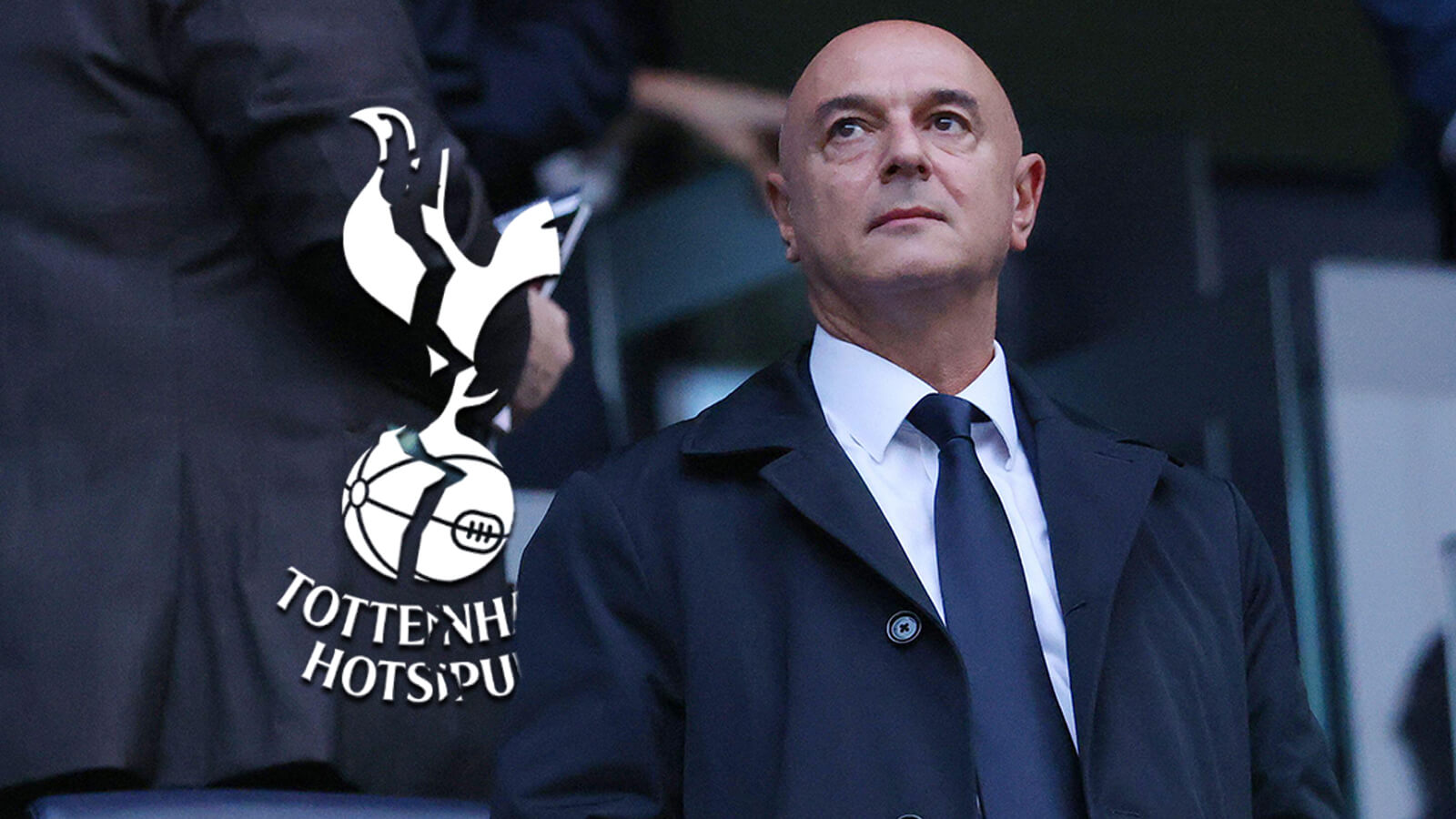Tottenham Hotspur is a football club where everything is always changing.
They are a football team that almost never gets beyond phase two of any new, shiny project. Constantly starting over, forever regenerating, forever in transition.
The now-departed Ange Postecoglou was the first Spurs manager to start and finish two full seasons since Mauricio Pochettino, who was the first to do that since Harry Redknapp.
Thomas Frank is the 13th permanent manager Tottenham have appointed in the 21st century. It’s a relevant timeframe for more than just brain-pleasing round-number reasons.
Frank was the 13th and we now know last managerial appointment of Daniel Levy’s reign as Tottenham chairman.
READ: Five reasons we should all be scared of a post-Daniel Levy Tottenham
And that means that while yes, this is a club well used to constant churn, chop and change, this is still nevertheless a time of even greater flux and uncertainty.
Because for the last 25 years, there behind it all has been Levy, a rare executive chair in a world of non-execs and CEOs.
With his departure, the sands shift once again beneath Tottenham’s feet. There is huge celebration among plenty of fans who had grown tired and increasingly frustrated by Levy’s supposed penny-pinching and inability or unwillingness to make the sort of transfer splash – and thus accept not always getting the best possible price for every incoming and outgoing – that might allow them a fighting chance at achieving his stated goals of winning one of the two big prizes.
There are others who are wary of the change, more appreciative of the work Levy did to transform Spurs from mid-table sleeping giant into a member of the Big Six. The idea that Levy has been great for Spurs off the pitch but disastrous for them on the pitch has always been a loud and compelling one, with plenty of reasonable frustrations underpinning it.
But it’s also worth remembering that Spurs had been mostly crap on the pitch for most of the 90s having pretty emphatically missed the Premier League Boat they as a club did so much to help launch.
The Spurs Levy leaves behind is unrecognisable – literally and figuratively – from the one he joined.
And now at this club where uncertainty is always the watchword, we find ourselves with even more of it.
The Lewis family have always been largely hands-off owners, Joe Lewis wisely preferring to spend time with his money on his yacht in the Bahamas than worry too much what a stupid football club in north London is up to. But that seems to have changed.
The abruptness and timing of Levy’s departure was a surprise, but in truth we should all have seen it coming. There have been plenty of signs, from Levy himself and around him.
His new-found willingness to front up both for in-house interviews and with Gary Neville on The Overlap hinted at a man who suddenly, for the first time, felt it necessary to try and explain himself. There have been new arrivals that, in hindsight, always looked like they could be used to ease Levy out. Long-time Lewis confidant Peter Charrington – now in position as non-executive chairman – came to the club six months ago, followed by former Arsenal man Vinai Venkatesham.
He is now the CEO and will be the closest thing to a replacement for Levy in the new, more standard structure.
There is a very valid argument that Levy had taken Spurs as far as he possibly could. That everything he had achieved in repositioning the club as a 21st century behemoth off the field would never be replicated on the field while he remained wedded to retaining the Premier League’s lowest wage:turnover ratio.
It might very well be a change that had to happen. Spurs might now compete more robustly in the transfer market with the rest of the Big Six, and are perhaps now in less danger of being instead swallowed up by Aston Villa and Newcastle and other upwardly-mobile members of the Premier League’s middle-classes.
But it might also go catastrophically wrong, something that can never be entirely ruled out at Spurs.
On the field there is little more clarity right now either, with a lot of the encouraging signs from Frank’s first few games undone by an alarmingly drab display against Bournemouth before the international break in which Spurs struggled to create anything at all.
The new signings brought in to address that also feed into a general air of cautious excitement and a step into the unknown. Xavi Simons in particular feels like he should become a Premier League superstar and Face of the Franchise here. But he might also just be another Bundesliga flop.
We just don’t know. What, precisely, ‘Lads, it’s Tottenham’ or ‘Spursy’ mean right now is less clear than ever before.
And for the first time in a quarter of a century, Spurs fans don’t even reflexively and instantly know who they should blame if it does all go horribly wrong.
